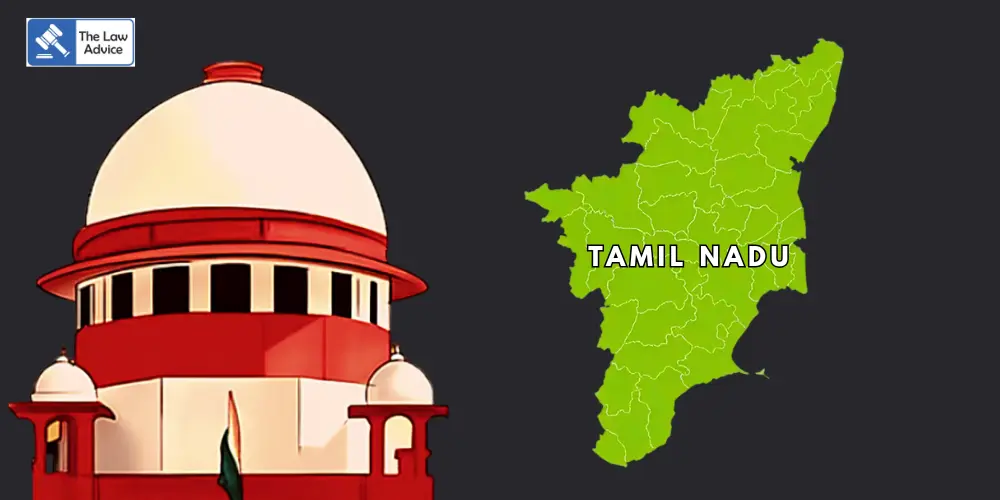
The Tamil Nadu Government has approached the Supreme Court of India, challenging a recent order of the Madras High Court that restrained the state from naming government welfare schemes after living individuals, including former Chief Ministers.
The Madras High Court’s ruling—delivered in June 2025—held that such practices amount to “state-sponsored personality cult” and violate the principles of constitutional morality and public accountability. In response, the state has now filed a Special Leave Petition (SLP) in the apex court, arguing that the High Court overstepped its jurisdiction and interfered with executive prerogative.
The controversy began when a PIL was filed in the Madras High Court objecting to several government welfare schemes being named after living political leaders, particularly late DMK patriarch M. Karunanidhi and sitting Chief Minister M.K. Stalin.
In a detailed judgment, the High Court had directed the Tamil Nadu government to refrain from using names of living persons or political figures for schemes funded by public exchequer, stating:
“The naming of schemes after living individuals promotes undue glorification and may distort democratic values.”
In its petition to the Supreme Court, the state government has argued:
The High Court’s ruling violates the principle of separation of powers by interfering with policy-making decisions.
There is no express constitutional bar on naming schemes after living individuals.
Naming welfare schemes is a matter of administrative discretion, and courts should not impose blanket prohibitions.
The judgment has wider implications for all states and sets a precedent that affects the branding and visibility of public welfare initiatives.
The petition also emphasized that there are several precedents across India where schemes have been named after political figures, both living and deceased, as a way to honor their public contributions.
This case is likely to raise key constitutional issues before the Supreme Court, including:
Can the judiciary regulate the naming of welfare schemes?
Does naming a scheme after a living person constitute misuse of public funds or violation of equality?
Should there be uniform national guidelines on naming state-funded programs?
The outcome could have a ripple effect on political branding practices across India, particularly in states where welfare schemes form a major part of electoral and public communication strategies. It may also set a precedent for limiting the personalization of public institutions and schemes by ruling parties.
Case Title: State of Tamil Nadu v. S. Subramanian & Ors.
Website designed, developed and maintained by webexy